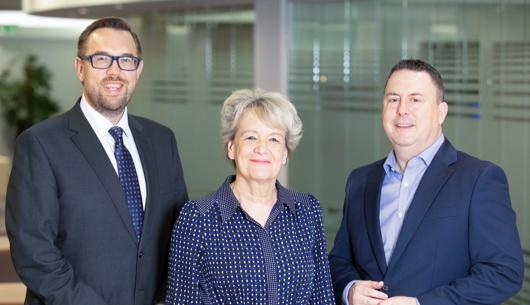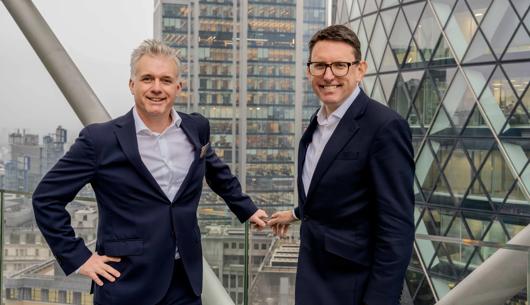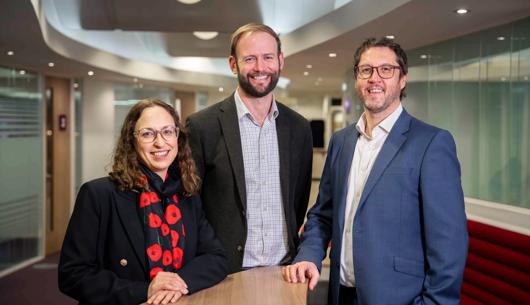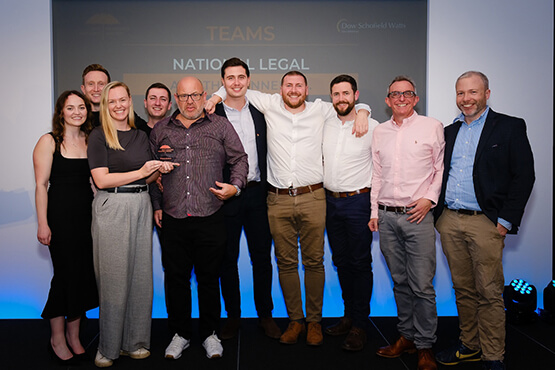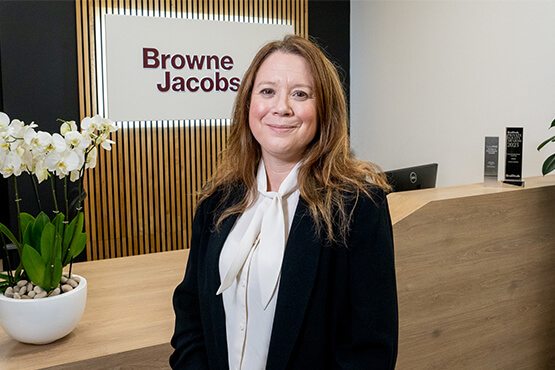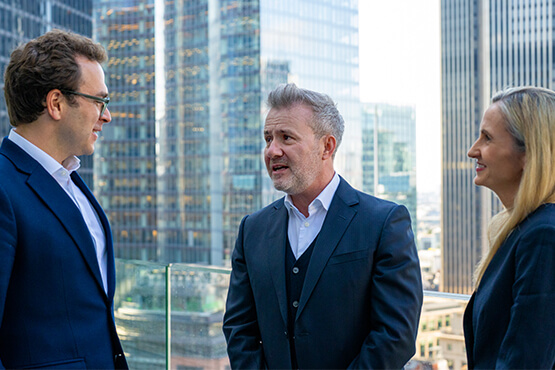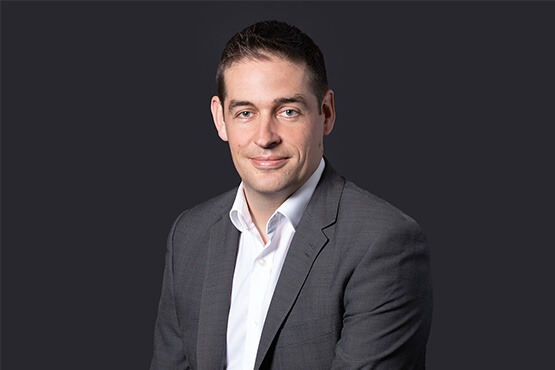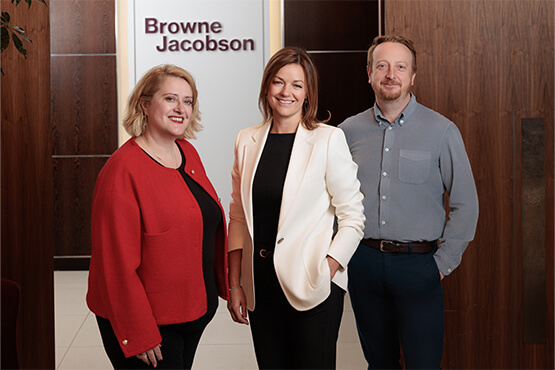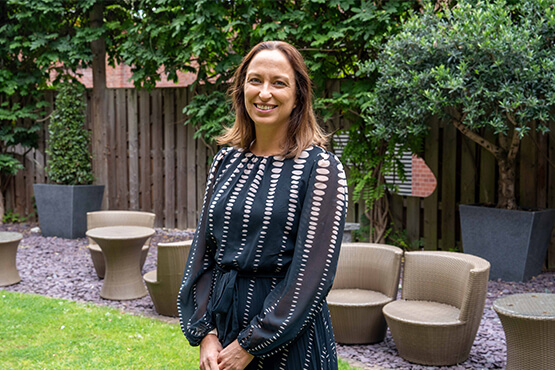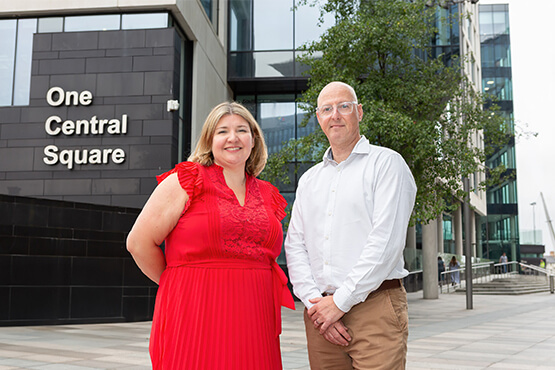With the countdown on to reach net zero and growing pressures on businesses to adopt greener ways of working, supporting the development of green energy technologies has never been more vital.
Founded in 2012 with the ambition to ‘clean up the environment for our children and future generations,’ Doncaster-based CPH2 specialises in the sustainable commercial production of green hydrogen. Its innovative technology is designed to have a key role in increasing the use of green hydrogen in UK industries. CPH2 relied on Browne Jacobson to guide the company through its IPO on AIM, the London stock exchange dedicated to small and mid-cap companies, as the crucial next step in its growth.
Senior Associate Harry Pearson and Associate Shania Sood spoke to us to discuss their experience of working on the IPO which is an important part of CPH2’s growth story and development of crucial green hydrogen technologies.
What was exciting about working on this project?
Shania: our Corporate team at Browne Jacobson has a focus on clean energy and renewables which is a big draw for me, and this transaction stood out because what our client does is innovative and they’re striving to make a tangible difference in addressing a global problem we’re all grappling with. Through the course of the transaction and working closely with the client, I was able to understand what CPH2’s technology does and the real-world impact it could have. Knowing this and being able to support CPH2 gaining further investment to develop its technology was inspiring and rewarding as a lawyer.
"From day one we were given the chance to learn and take responsibility. I was encouraged to get in front of the client and understand their business." Shania
Harry: I agree, it was satisfying to work on a project where sustainability was at the core of our client’s business. This wasn’t just because it’s good for the planet – it is central to CPH2’s offering. The sustainability built into the product can make it a more cost-effective choice for the businesses that buy it, so it was satisfying to work on a project where sustainability was not only good for the planet but also good for business.
What were some of the challenges you faced?
Shania: I took the lead supporting CPH2 on the verification process – which is the process where the directors confirm and substantiate the accuracy of all statements to investors. This is a significant part of any IPO but was particularly interesting in this transaction because the technology is cutting edge and exciting. I had a lot of contact with CPH2 throughout which meant I could build a much deeper understanding of its business than might normally be possible in transactions, which was something I really enjoyed. It was also great that the client team lead at Browne Jacobson entrusted me to take a prominent role in the transaction early on in my career, giving me lots of guidance and support along the way.
Harry: To add to Shania’s point, and what stood out for me, is that the verification process we helped with did mean that CPH2’s directors were comfortable confirming that - yes - this product is sustainable.
It sounds like collaboration was key to the project’s success - how did you approach this?
Harry: Collaboration was crucial throughout the due diligence process. Our commercial team had been involved with the client across several projects, so they were able to help us in the corporate team understand the client. We also worked closely with other specialist teams from across the firm, including employment, regulatory and property. These teams were across our Manchester, Birmingham, and Nottingham offices, but I felt that this project tied us together – we were working through some of the lockdowns but still gelled as a team, perhaps more so than we might have if we hadn’t all been working from home!
"While this project is definitely a stand-out in my career so far, we approached it in the same way that we always do at Browne Jacobson. We’re doing important and interesting work all the time – it’s a given at our firm." Harry
Shania: I would echo that and add that the other aspect of collaboration that was key for me is the amount of support we were given. Harry and I were very much involved in the, and from day one the Partners working with us made sure we were given the chance to learn and take responsibility. I was responsible for key documents and was encouraged to get in front of the client and understand their business. The Partners were always available to offer support and they encouraged the client to direct questions to Harry and me, trusting us to turn to them when we needed guidance and support.
Anything else you’d like to add?
Harry: While this project is definitely a stand-out in my career so far, we approached it in the same way that we always do at Browne Jacobson and so it didn’t feel exceptional in that sense. We’re doing important and interesting work all the time – it’s a given at our firm!
Shania: I couldn’t have put it better myself. It’s exciting, high-quality work, and even though this was my first IPO, working for a client that is making a real difference in the world, I felt that the way we worked together throughout the deal - from start to finish - was the same as it always is – the Browne Jacobson way.
Contact
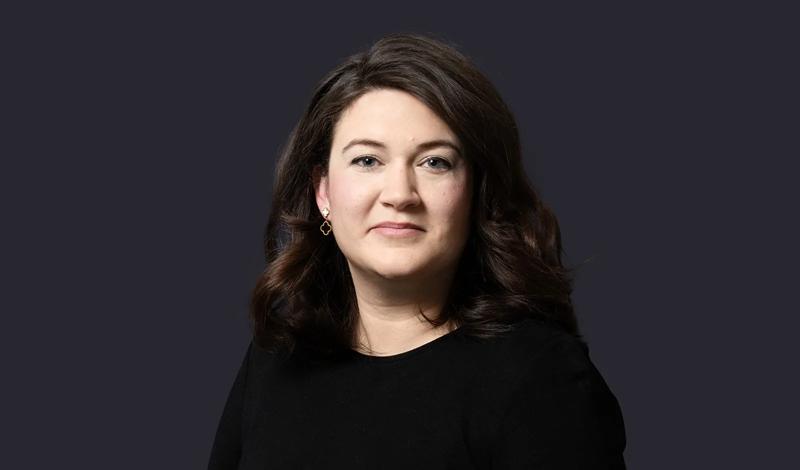
Kara Shadbolt
Senior PR & Communication Manager
kara.shadbolt@brownejacobson.com
+44 (0)330 045 1111




